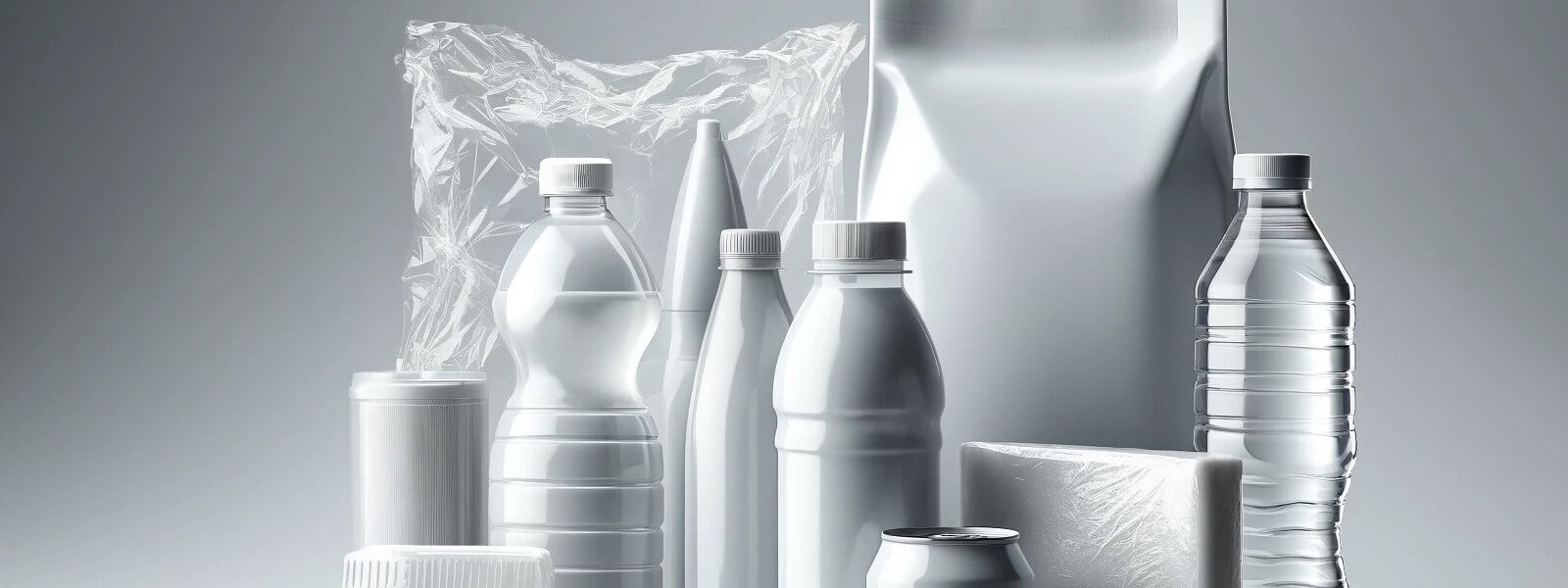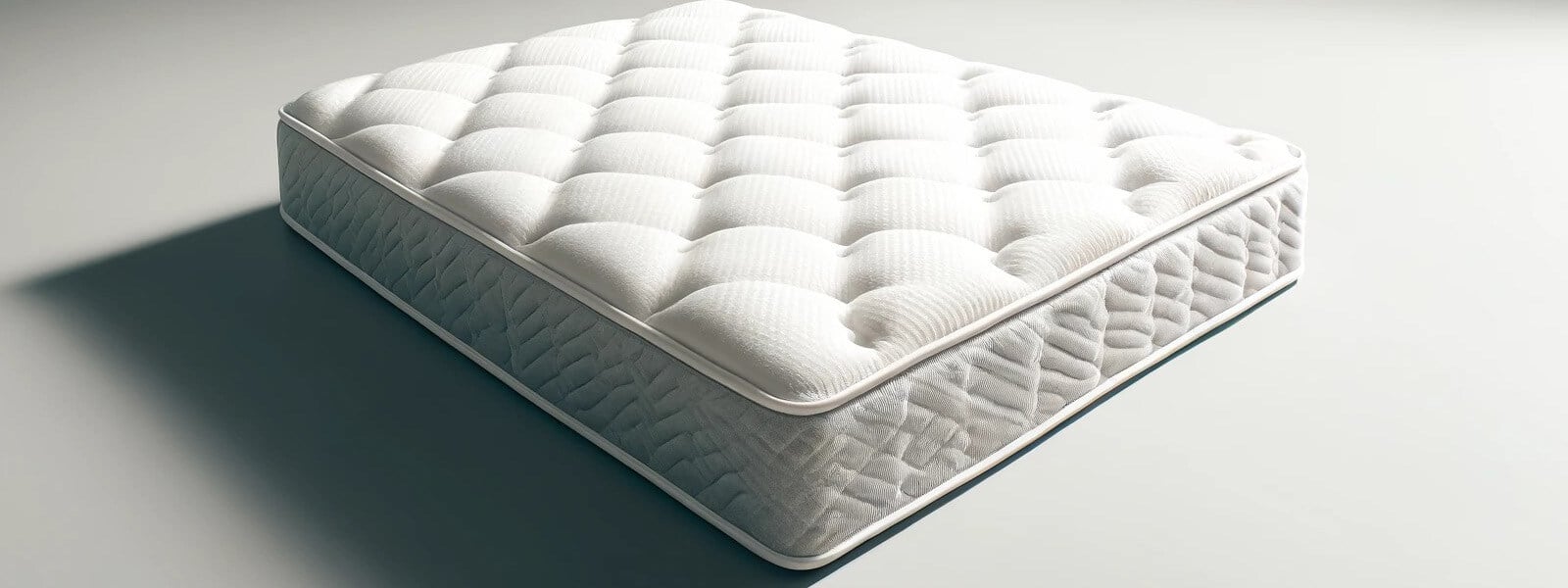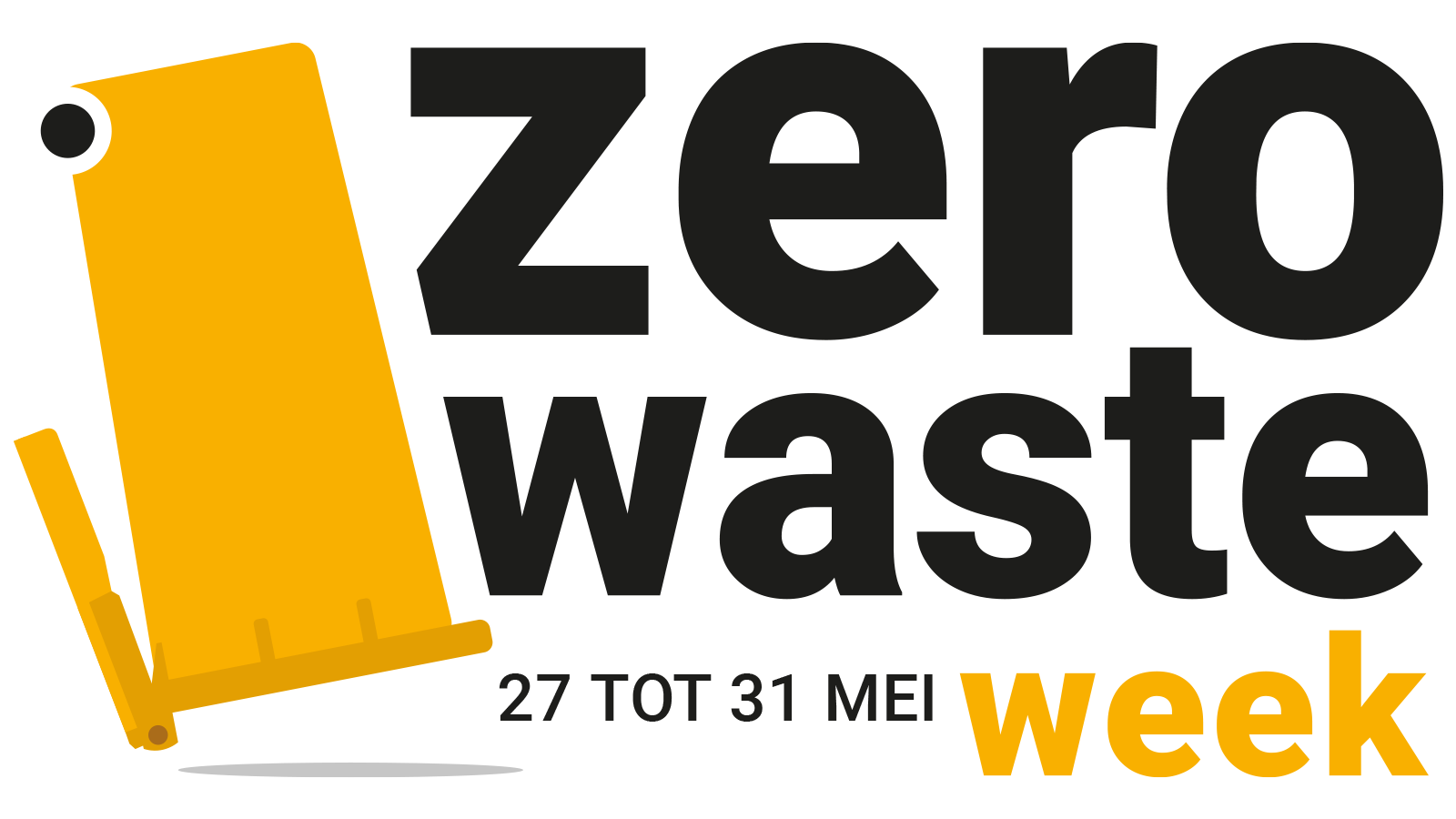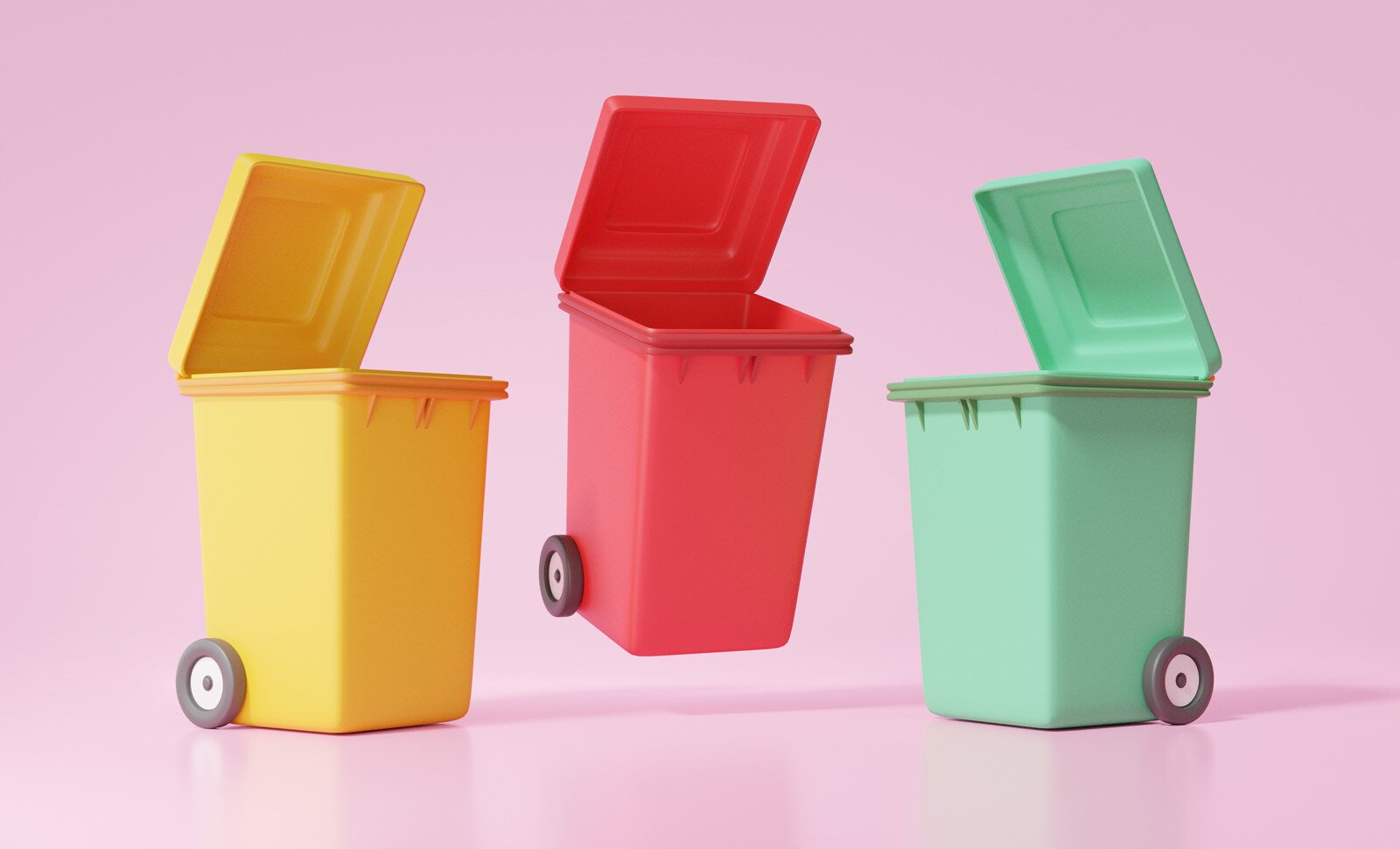Milgro is going for zero waste: a world without waste. But what exactly does that mean? And how can you ensure zero waste in all flows, including those of your suppliers and other supply chain partners? By using different strategies for each flow, we devise customized solutions together. On the way to less and less waste and preserving the value of your raw materials. In this blog, we show you the steps towards zero waste you can take (with attention to the entire chain) and provide good practical examples from our partners.
What is zero waste?
We speak of zero waste when companies have zero percent waste, extracting the optimal value from their resources.
Steps towards zero waste
If you are starting to make your waste streams sustainable, then source separation and processing is a first step. Milgro looks for buyers of the materials that others can no longer use. Then we look together with you at design and chain cooperation. Start as broadly as possible and create a solution for each stream. For each flow, we come up with ideas to be more economical, smarter and more efficient (and therefore increasingly sustainable) in dealing with raw materials. Milgro uses three pillars for these three strategies:
- Sufficiency: use fewer raw materials: waste is no longer created.
- Consistency: use raw materials smarter: waste is recycled to a high standard.
- Efficiency: use raw materials more efficiently: waste is reduced.
For some streams, for example, recycling is pretty okay. For other streams, recycling is not an option and redesign is a better idea: how do we design a product better so that there is no or less waste? In this way you can hold each flow against the three pillars: how can we use less valuable raw materials, how can we use raw materials better and more efficiently? Then together we estimate the sustainability gains versus feasibility, complexity and cost. In fact, we also calculate the environmental impact.
Thus, less and less waste remains and, in the ideal situation, we arrive at zero waste. That way, you waste nothing, not even in the chain for which you are responsible. And you retain the value of the raw materials you work with.
Next level zero waste means that a company not only examines the waste streams from its own process (scope 1) with the same lens, but also looks at waste generated by suppliers and end users (scope 2 and 3) in order to implement zero waste principles there as well. As with climate ambitions, this is the level of ambition needed to make chains fully circular.
How are other companies working toward zero waste?
Several companies have already taken big steps together with Milgro to reduce waste throughout the chain. How do these companies handle big bags, plastics and mattresses more economically, smartly and efficiently?
Being more economical, smart and efficient: big bags

Milgro partners process organic streams into animal feed. They no longer use big bags, but pallet boxes to collect goods. This is a very good solution, provided it does not create additional emissions from transportation of empty packaging.
Often big bags still go with residual waste, but it is possible to be smarter about this. For example, you can collect big bags separately and recycle them. For some purposes such as transporting building materials, it is possible to reuse big bags from the food sector, for example. Also, big bags made from recyclate can be purchased.
At a food manufacturer, big bags are used to transport products internally. Previously, these big bags were discarded after one use and sent for recycling. Through a simple adjustment in the process, the big bags are now reused ten times. There are now ten boxes printed on the big bags that are crossed off. The result is both a big cost savings on the big bags, and a big environmental gain by extending the life span.
Being more economical, smart and efficient: plastics

Using less plastics can be done by doing away with packaging or switching to plastic-free packaging, facilitating refills or introducing deposits. For example, shampoo and detergent can also be sold as soap blocks wrapped in paper.
Milgro assists logistics companies with the collection of transparent mono-plastics such as wrapping film. This type of film can be fully recycled into the same product (i.e. truly circular) if collected separately.
Many products create plastic waste at the end of the chain, with the consumer. Examples include cleaning products, food packaging toys. Companies that take responsibility for reducing waste throughout the chain can make product design choices for greater efficiency, such as not packaging each product separately or making products that last a long time.
Being more economical, smart and efficient: mattresses

After a few nights of sleeping on an air bed, we can often really appreciate a good mattress again. Unfortunately, in the case of mattresses, using fewer resources does not really seem like an option.
Making smart use of raw materials is possible: Auping's redesign department designed a circular mattress, from which they can separate all components using heat, after which they can be fully recycled in a circular way.
Good design can also help extend the life of mattresses. This allows you to have many more nights of sleep with the same amount of materials. This can be done by creating a timeless design of the beds.

Zelf aan de slag
Al heeft elk bedrijf een eigen aanpak van het terugdringen van verspilling, iedereen kan zuiniger, slimmer en efficiënter omgaan met grondstoffen. Volg de Zero Waste Week van 27 tot 31 mei en de gratis webinars voor nog meer tips en goede voorbeelden. Of ga zelf aan de slag met een ZeroWasteChallenge in uw organisatie.
Op de hoogte blijven
Op de hoogte blijven van alle nieuwe ontwikkelingen? Volg ons op LinkedIn en Instagram of abonneer u op de nieuwsbrief. Bent u nieuwsgierig naar wat Milgro voor uw bedrijfsvoering en afvalproces kan betekenen? Neem dan contact op.












